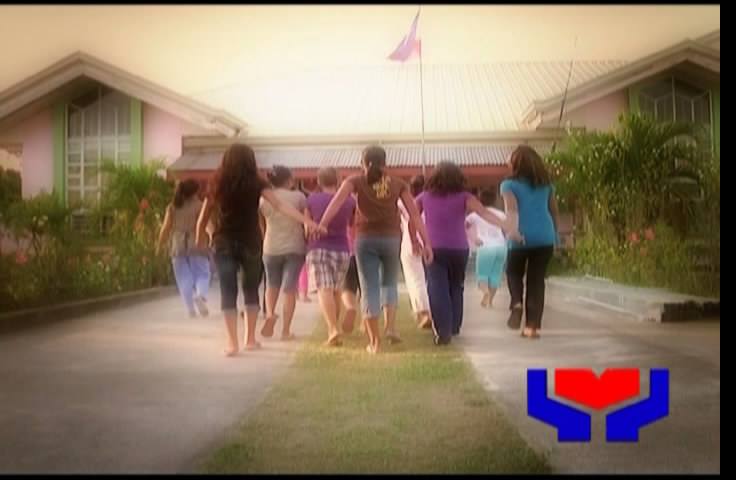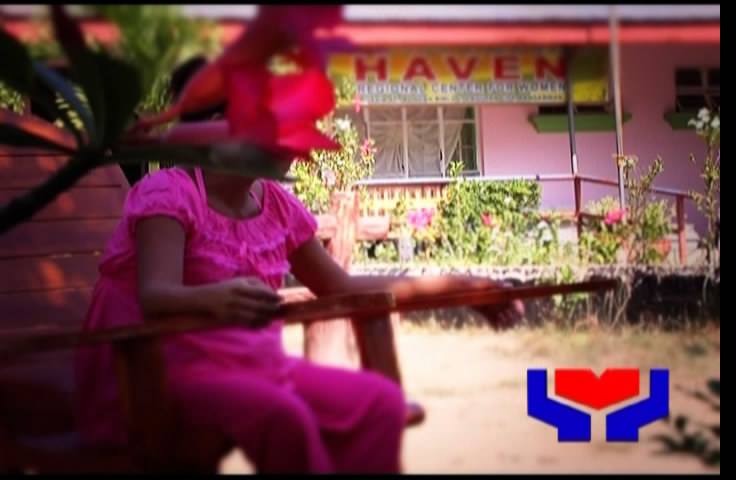The Department of Social Welfare and Development (DSWD) operates the Haven for Women Program, a structured residential care facility for women aged 18 to 59 who have experienced gender-based violence, exploitation, or abuse. This 24/7 service provides temporary custody, psychosocial support, and structured programs to help survivors regain stability, recover emotionally, and prepare for reintegration into their families and communities. Anchored in legal mandates such as RA 9262, the program offers holistic support that includes counseling, legal aid, medical care, education, and livelihood assistance.
The program offers a wide range of support services to help women heal and rebuild their lives. From intake and assessment to reintegration and aftercare, the program is built to address every phase of a survivor’s recovery. With the support of trained professionals and legal frameworks, it offers a lifeline for women seeking refuge from violence and abuse. Read on and learn how to begin the journey toward safety and healing.
Program Overview

The DSWD Haven for Women is a residential care facility established by the Department of Social Welfare and Development to provide protective custody, healing, and rehabilitation for women who are survivors of abuse, exploitation, and other difficult circumstances. It was created as a response to the growing need for a safe and supportive environment for women in especially difficult situations (WEDC), particularly those referred by LGUs, NGOs, and law enforcement agencies. Its primary goal is to empower women through holistic care, psychosocial support, and capacity-building programs that help them recover, reintegrate into society, and rebuild their lives with dignity and self-worth.
The program is grounded in multiple laws:
- RA 9262: Anti-Violence Against Women and Their Children Act
- RA 9710: Magna Carta of Women
- EO No. 221: Mandates DSWD to support women’s welfare
- RA 9208: Anti-Trafficking in Persons Act
- RA 9775: Anti-Child Pornography Act
- RA 7192: Women in Development and Nation Building Act
Services Offered
Some of the services it offers include:
- Residential Care and Daily Living
- Safe and nurturing 24/7 environment
- Provision of food, clothing, and toiletries
- Medical and Mental Health Services
- Full physical and dental exams
- Psychological evaluation and psychiatric support
- Legal Assistance
- Legal referrals and case support
- Accompaniment during court proceedings
- Counseling and Crisis Intervention
- Individual and group counseling
- Emotional support and stress management sessions
- Educational and Skills Development
- Scholarships and non-formal education
- Livelihood and vocational training
- Aftercare Support
- Transition planning for reintegration
- Linkage to local government and community services
Who Can Seek Help
The Haven is open to female individuals aged 18 to 59, with or without children, who are:
- Victims of sexual abuse (e.g., incest, rape, lascivious acts)
- Physically, psychologically, emotionally, or economically abused
- Victims of exploitation, such as human trafficking or pornography
- Survivors of armed conflict or displacement
- Homeless, abandoned, or stranded women in need of immediate protection
Note: Non-residents of each region may apply at the regional haven if the abuse occurred within the area.
Eligibility Requirements
To be eligible for admission, the applying women must:
- Be between 18 to 59 years old
- Belong to a service category (e.g., victims of abuse, exploitation, illegal recruitment)
- Be in urgent need of protective custody
- Be physically healthy and mentally stable (excluding those with severe illnesses or untreated mental conditions)
- Have dependent children or infants (infants may stay with their mothers; older children may be referred elsewhere)
Ineligible for Admission
Some women may not be accepted if they:
- Have active court cases (without court order for placement)
- Have severe infectious diseases
- Have untreated psychosis or behavioral disorders requiring mental health facilities
- Are recovered mental patients with recurring episodes requiring constant supervision
Program Management and Admission
The Haven follows a structured and institutionalized program management system that oversees each case from intake to discharge.
Required Admission Documents
Here are some of the documents that applicants need to prepare:
- Referral Letter
- Social Case Study Report or Case Summary
- Recent Medical Certificate
- Medico-Legal Results (if applicable)
- Sworn Statement
- Police Report or Complaint
- Birth Certificate
How to Apply
To apply, here are the steps and the case management process at any DSWD Haven for Women:
Step 1. Visit your local social welfare office or contact a partner NGO.
Step 2. Request a referral for protective custody under the Haven for Women Program.
Admission Process
Women may be referred by LGUs, NGOs, GOs, hospitals, law enforcement, or may seek help as walk-ins. The admission steps include:
- Intake interview, assessment, and review of eligibility
- Verification of submitted documents
- Physical transfer procedures for safety
Physical Transfer Guidelines
- Walk-ins are assessed on-site
- Escorts (if not the abuser) may accompany the woman
- Referred clients are formally turned over by an authorized representative
- Inter-regional transfers require prior approval from the DSWD Director, except for emergencies
Step 3. Complete and submit the required documentation.
Step 4. Attend the pre-admission conference.
A social worker conducts a pre-admission conference to:
- Assess eligibility and understand the client’s problem
- Review submitted documents
- Prepare the client for temporary separation from family
Step 5. If eligible, undergo the intake and admission process.
If eligible, an admission case conference follows to:
- Clarify the center’s services to the client and family
- Discuss initial observations and emotional needs
- Formulate an initial helping plan
Activities include:
- Intake interview and document collection
- Psychological and medical evaluation
- Room assignment and orientation
Expected outputs:
- Completed intake sheet
- Social Case Study Report
- Evaluation reports and action plan
Step 6. Participate in the individualized recovery program.
The social worker collaborates with the rehabilitation team to develop specific, time-bound plans:
- Goals: e.g., family reunification within a set period
- Objectives: targeted behavioral and emotional outcomes
- Interventions: counseling, skills training, therapy
- Assigned responsibilities among the team and client
Step 7. Plan Implementation and Monitoring
Plans are carried out with ongoing monitoring to evaluate:
- Client’s progress
- Effectiveness of interventions
- Need for plan adjustments
Additional activities:
- Conducting interventions
- Recording observations
- Holding case conferences
- Maintaining communication with the family and referring LGU
Step 8. Evaluation and Termination
The case ends when:
- Goals have been met
- Minimal progress has been made despite interventions
- Client believes she is ready to reintegrate
- Resources are no longer available to continue services
Termination activities include:
- Final evaluation session
- Discharge planning and coordination with LGU/NGO
- Preparation of termination report and discharge slip
Step 9. Follow-up Phase
After discharge, the client receives aftercare support from the referring LGU or organization.
Activities:
- Follow-up or “booster” interventions
- Additional referrals as needed
- Recording progress
- Conducting follow-up case conferences
Expected outputs:
- Follow-up session reports
- Post-discharge referrals
Video: DSWD Haven for Girls
Aside from the Haven for Women, the DSWD also has a dedicated Haven for Girls, also known as Haven, as one of the numerous centers and residential care facilities being managed by DSWD. The center believes in the restoration and rehabilitation of young girls in-conflict with the law.
Watch this video and learn more about this haven today.
